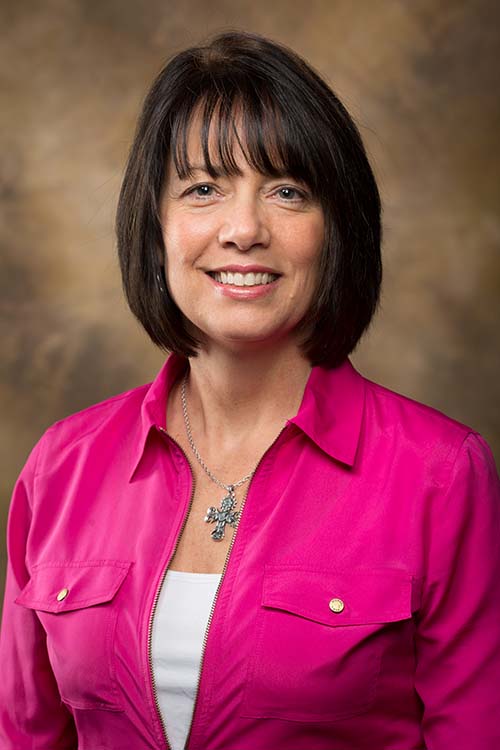FAYETTEVILLE, Ark. – The Office of Innovation for Education at the University of Arkansas has released its first major report with ideas for the schools that the Arkansas Department of Education considers to be a high priority for improvement. The report includes examples of innovative practices going on all over the country.
The report titled “Building a Blueprint for Innovative Change” analyzed both quantitative data, such as test scores, and qualitative data, such as focus group discussions, to make recommendations. The report is designed to assist the Department of Education as it works to meet the needs of high-priority schools, which were designated in 2011 as among the persistently lowest-performing schools in Arkansas. It was funded in part by a grant from the Winthrop Rockefeller Foundation.
“Our role was to determine whether there were common needs among these schools that we could discuss how to address in a comprehensive way,” said Denise Airola, director of the Office of Innovation for Education, which was established in May 2013 by the College of Education and Health Professions. “I love being able to bring data together with information directly from the people in the schools. This was a unique opportunity to look at information collected by the Arkansas Department of Education holistically and enrich it with the qualitative part of our study.”
The Office of Innovation for Education conducted the research project for two purposes, Airola said, to conduct an external assessment of priority schools’ collective needs and to research and recommend innovative practices for changes at the system level to address those collective needs.
The researchers’ analysis found a systemic need for assistance and support among all priority schools in several areas:
- Comprehensive systems to ensure all students have access to high-quality core instruction and assessment aligned with content standards as specified in the Common Core State Standards and the Arkansas Learning Standards.
- Clear, centralized vision for change so that expectations, process and outcomes are clear and teachers and administrators feel less bewildered and overwhelmed by external influences and conflicting messages.
- Leaders who can turn around a failing school and high-quality teachers recruited, developed and retained by the schools.
- Regional innovation centers that focus on college and career readiness and retention to help combat a concern about lack of opportunities available for these students.
The researchers conducted focus group meetings at six regional education cooperatives across Arkansas with teachers and leaders from priority schools, students at their schools, and parents and community members at other locations in the regions. They also investigated innovative practices and programs across the nation through online research and visits to various sites.
Elbert Harvey, coordinator of public school accountability for the Arkansas Department of Education, said Airola shared some of the report’s findings with a group of about 25 school improvement specialists and other department personnel. School improvement specialists help to guide schools and ensure compliance with standards as the schools work to move out of the “needing improvement” designation.
Airola provided information about areas of concern for several of the schools with which the department personnel were working, including leadership and community and parental involvement, Harvey said.
“We learned that areas about which she found concerns were the same areas where we had concerns and we were trying to address,” he said. “It’s helpful for us to have the Office of Innovation for Education as a resource to make sure we’re not missing something. We focus on individual schools so sometimes we’re not as attuned to the global picture. We try not to get into the weeds but sometimes you don’t see the progress you’re making. She came in and helped us see the gains we’ve made.”
The department values the collaborative aspect of working with Airola’s office, Harvey said.
“We know it’s a partnership where both entities have an interest in advancing student achievement,” he said. “We do that by changing adult behavior, and sometimes it’s our own behavior helping us grow as we serve these schools.”
Topics
Contacts
Denise Airola, director, Office of Innovation for Education
College of Education and Health Professions
479-575-6414,
Heidi Wells, content writer and strategist
Global Campus
479-879-8760,
